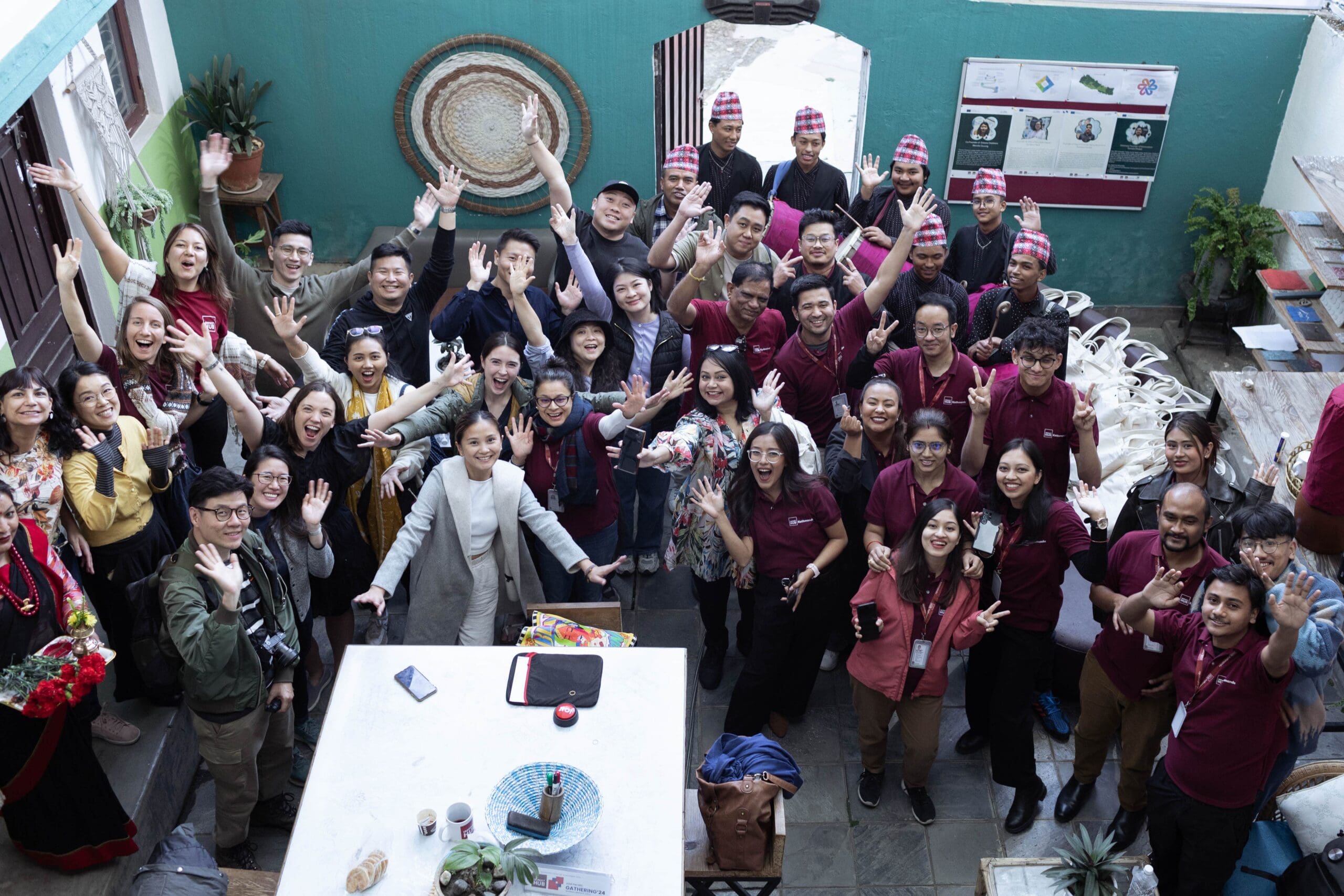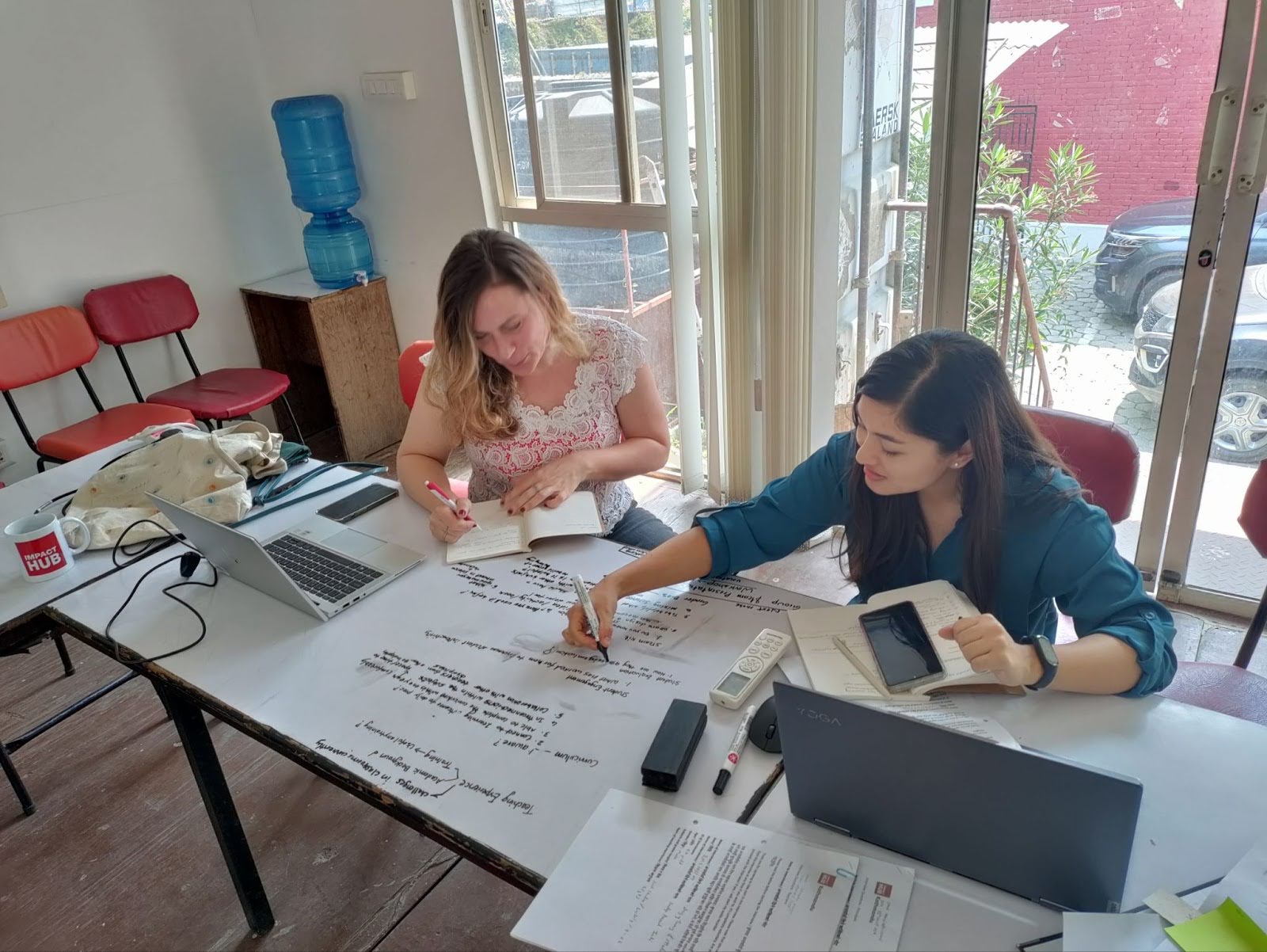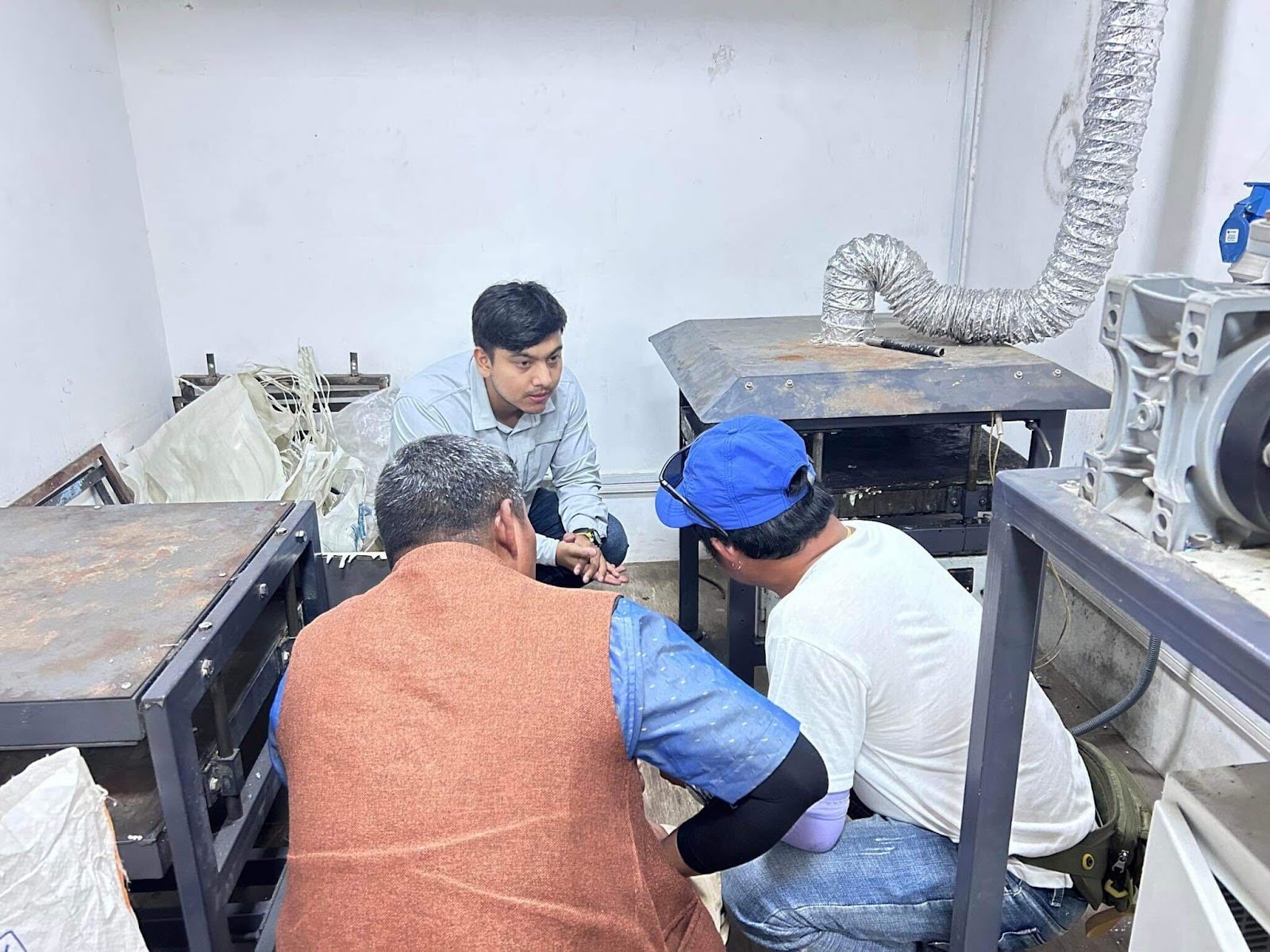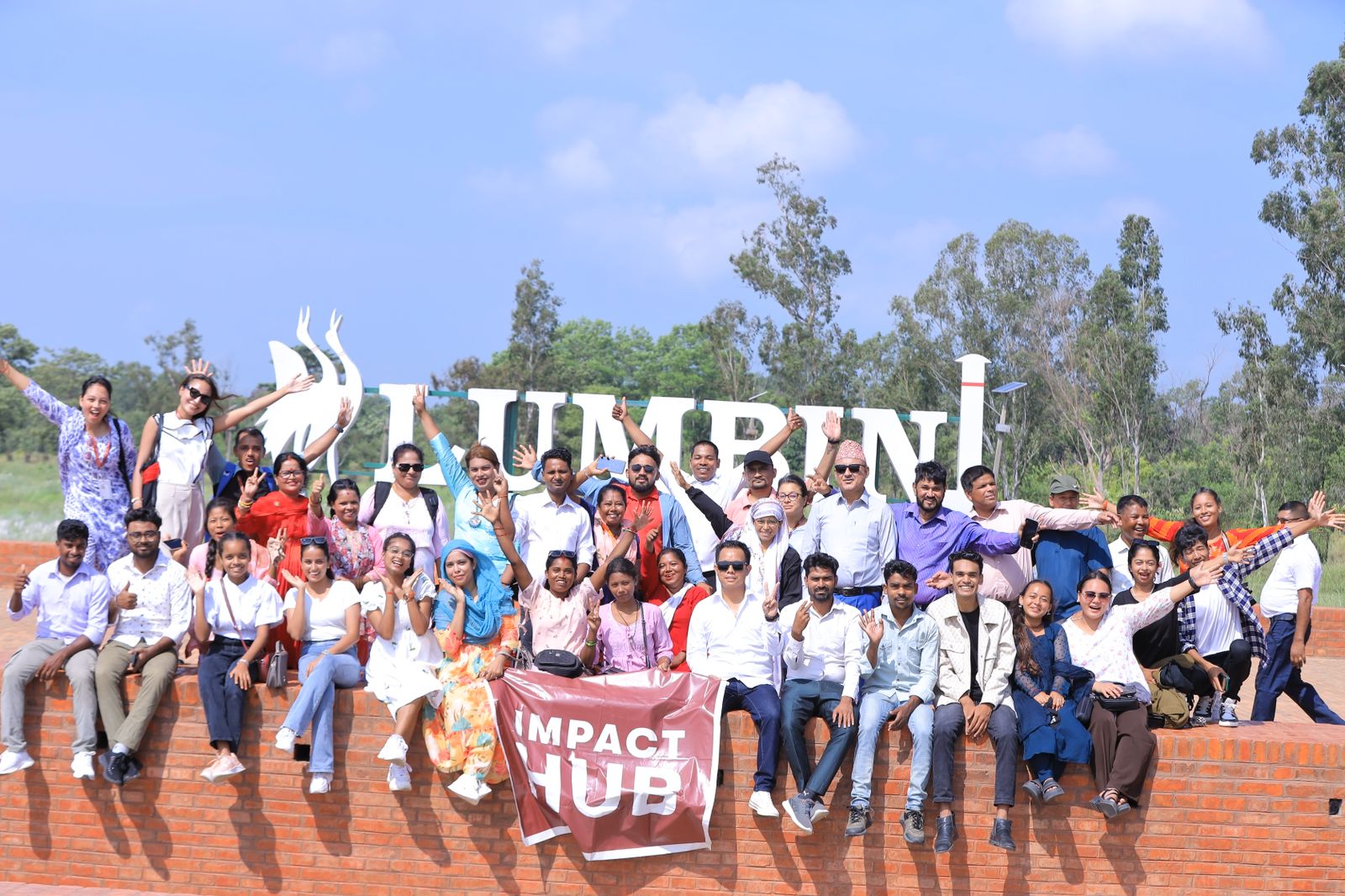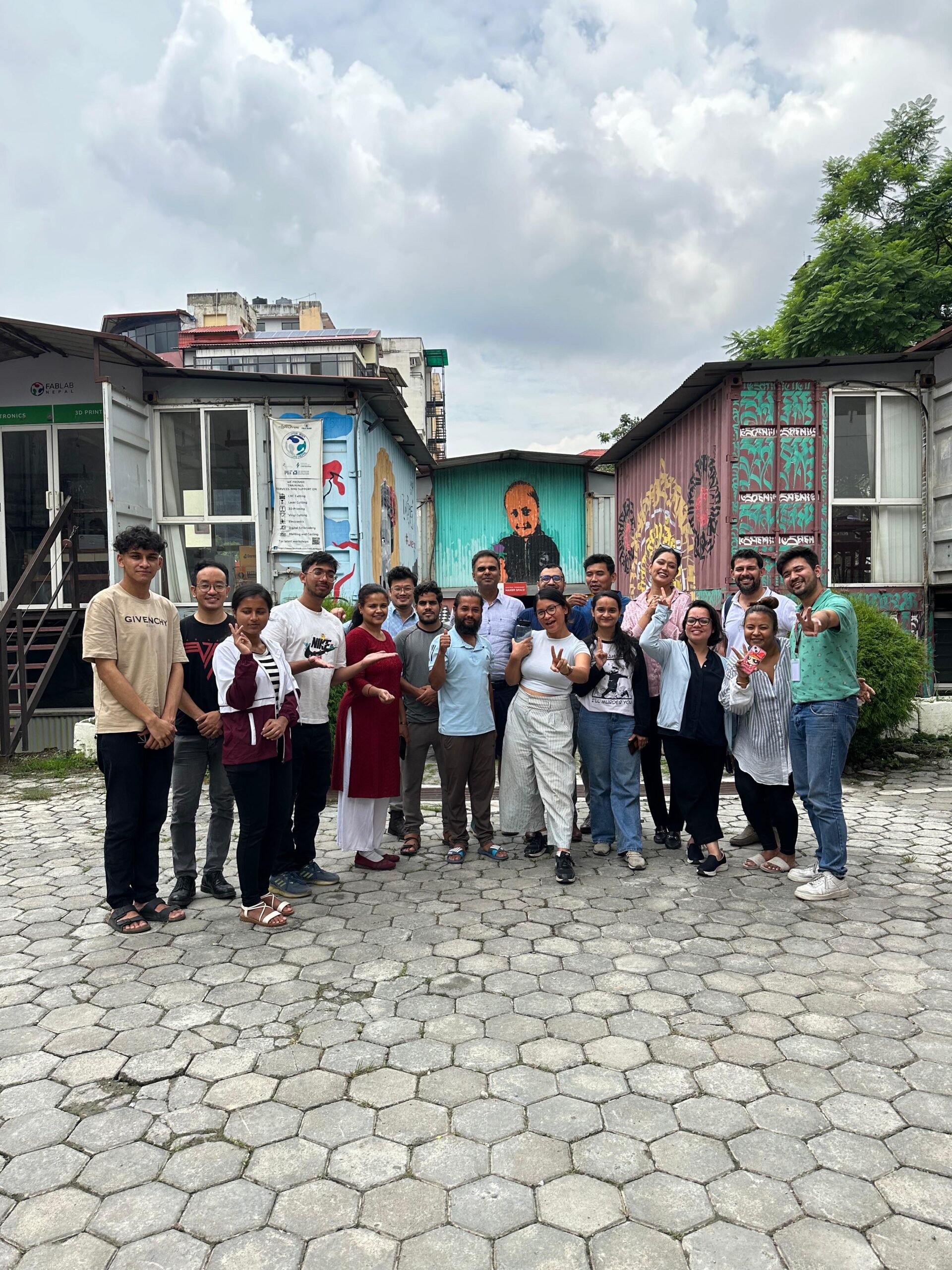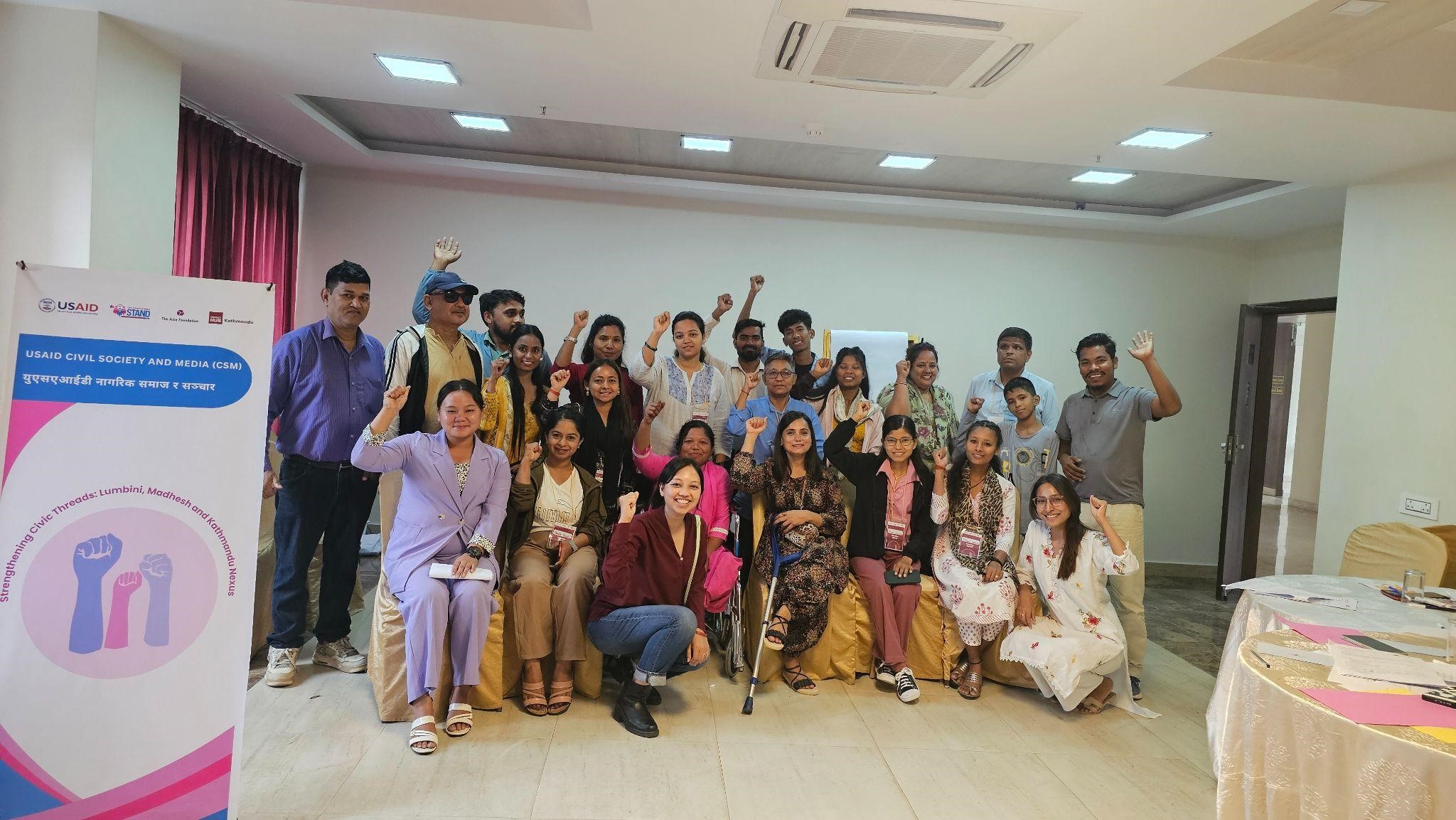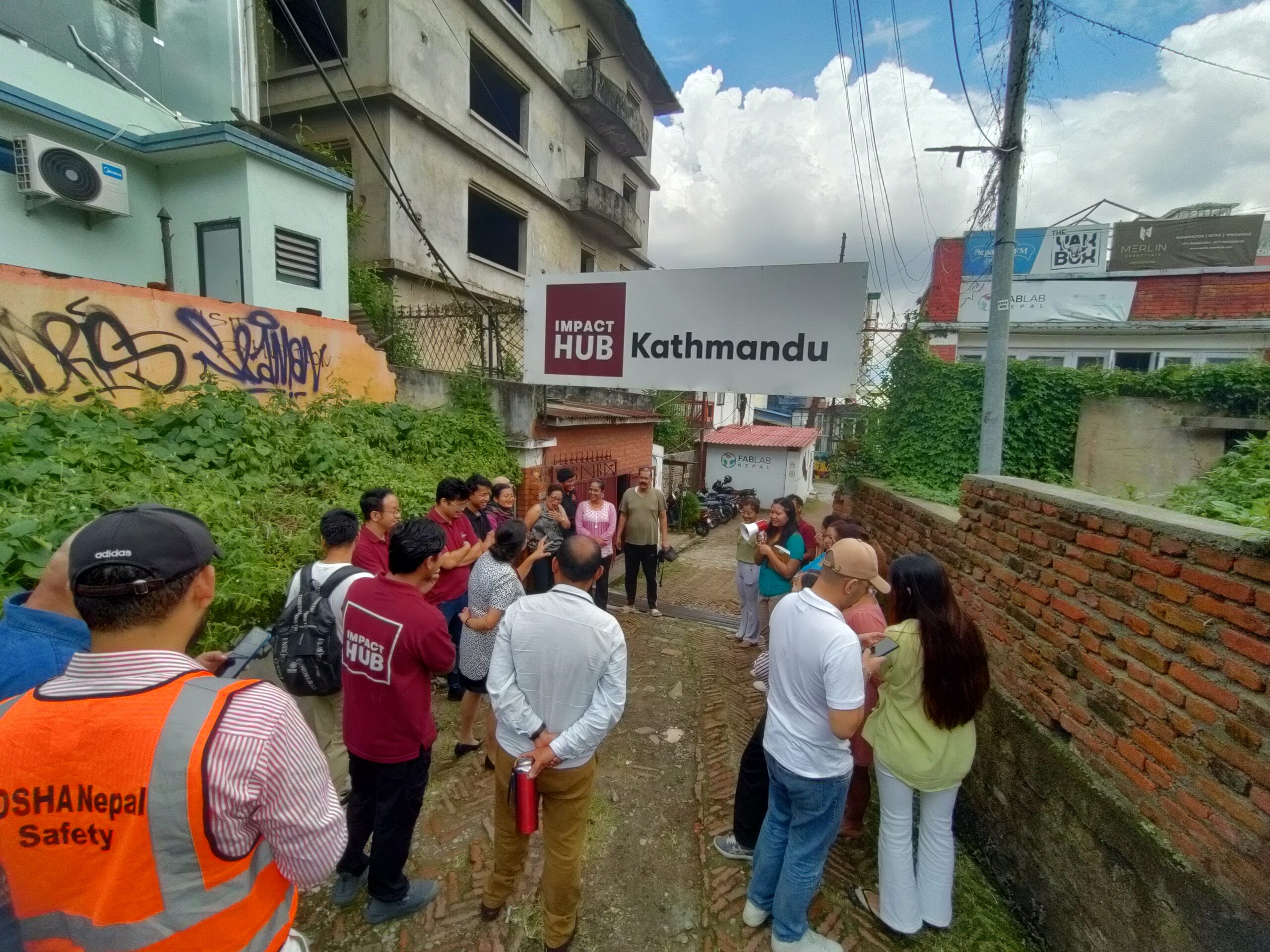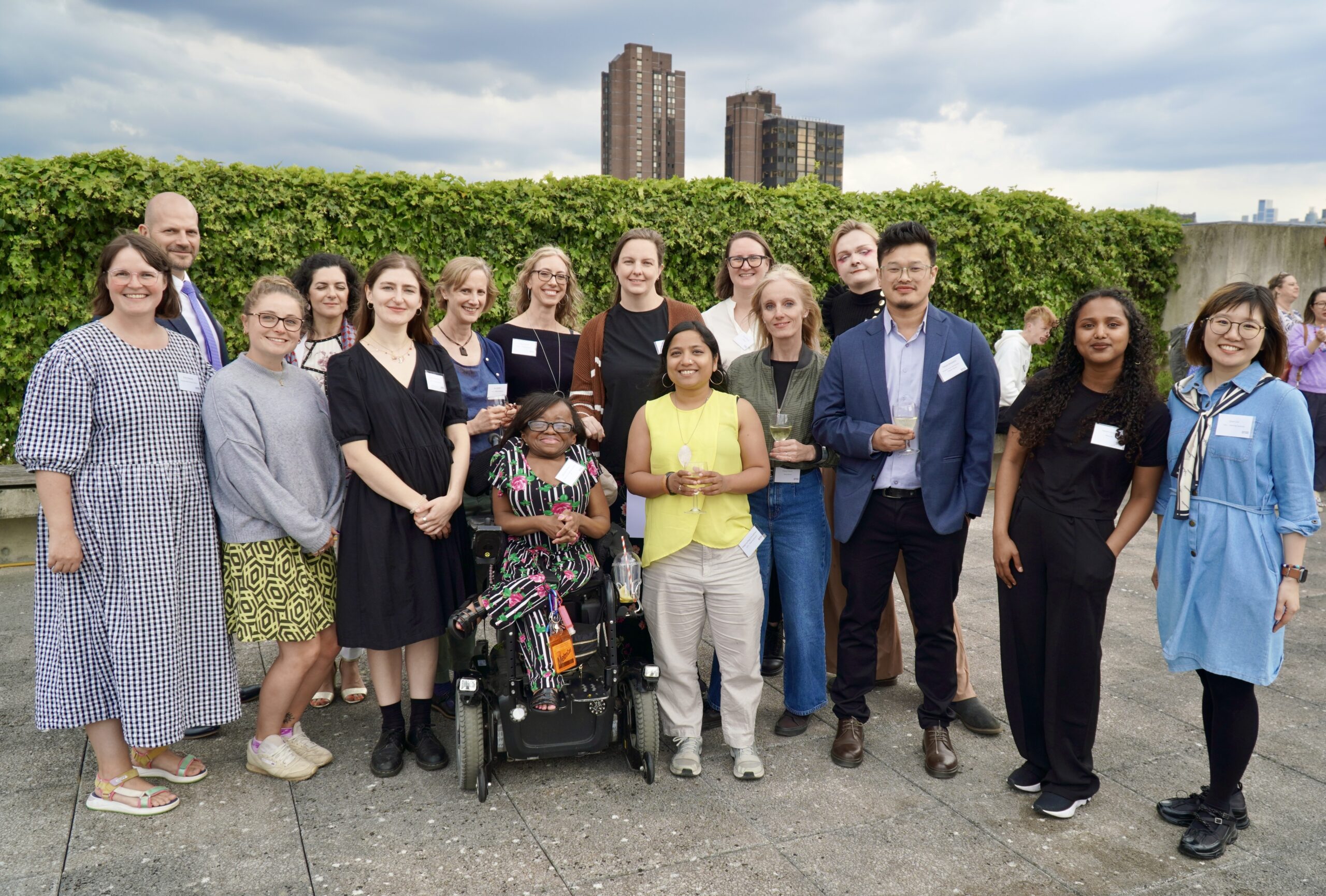If you have been to the Nepal Communitere office, you have probably noticed our green spaces, our segregated garbage bins, members of Drishti holding their weekly meetings to discuss possible clean air initiatives, and a subtle “Committed to the Environment” award, which we got from Doko Recyclers, hanging on our yellow wall.
We try our best to be committed to protecting the environment, and sustainability is always on our mind. Our I-Cube business incubation program currently consists of 6 young startups: Nuga, Antidote, Ecoorb Initiatives, Sampurna Multipurpose, Airlift Technology, and E-Rickshaw. They work in a variety of fields and areas, but they are all committed to sustainability in their own way:
Nuga is a startup that makes personal care products. All of their products are hand-made and natural, and made entirely of edible goods. All their products, except for soaps, are edible; this includes lip balms and body and lip scrubs. Antidote is another I-Cube company that was founded based on the realization of the perils of fast fashion on the Environment. Antidote provides clothing-rental services of expensive traditional party-wear such as lehengas and saris.

Similarly, Sunny Rajopadhyaya, founder of Ecoorb, is committed to producing and promoting high quality paper products made of elephant dung in Chitwan. Ecoorb’s vision is to tackle deforestation and change consumer mindsets by motivating them to use environment-friendly products that contribute to sustainability and resource conservation. Likewise, E-Rickshaw, a company made up of a group of mechanical engineering students, is currently using their E-kit to modify pedal rickshaws into electrically assisted rickshaws, which has health benefits for the rickshaw drivers, and could enable people to take more rickshaws instead of other vehicles that run on petrol.
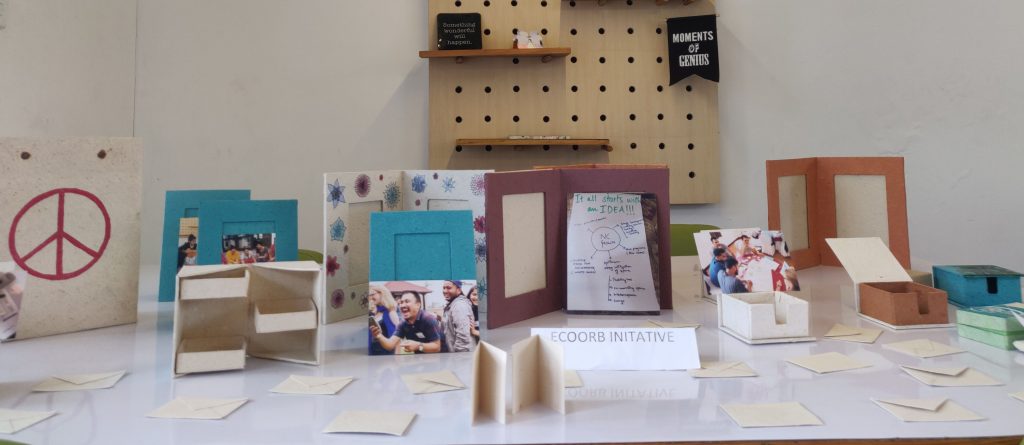
Sustainability doesn’t only have to be environmental though. Our I-Cube companies are committed to social sustainability as well. Sampurna Multipurpose Pvt Ltd manufactures and sells footwear. They have been leveraging the generational knowledge and skills of an ethnic community composed of craftspeople who specialize in footwear, and creating modern designs from them. In doing so, they also provide employment opportunities for marginalized communities.
After the 2015 earthquake, people have been trying to preserve Nepal’s cultural heritage, a lot of which is imbedded in our old architecture. Airlift, a drone-based company, uses it’s drones to 3D model buildings and old heritage sites. These models can be used in various sectors such as disaster management, mapping of buildings and their heights, simulation of new buildings, navigation and virtual reality. Through this work, they are helping in the reconstruction and conservation of Nepal’s cultural heritage.
“I strongly believe that the power is in the hand of the companies. If businesses and large companies don’t make sustainability their priority while planning, then other groups can do very little to help the environment. I want people to know that big businesses can, and have to, make sustainability a priority”, said Manish Jung Thapa, co-founder of Antidote. “It’s really easy to tell people to be sustainable, but you also need to give people solutions that make being sustainable seem seamless.”

